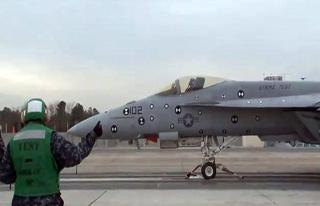
Propelled by the EMALS technology, an F/A-18E Super Hornet gets ready for take-off.
WASHINGTON (BNS):The US Navy made history this week, launching its first-ever aircraft that uses advanced Electromagnetic Aircraft Launch System (EMALS) from the Naval Air Systems Command, Lakehurst, New Jersey.
The test operation of the F/A-18 E Super Hornet signaled a significant achievement in US Navy's anticipated shift away from steam catapults used on aircraft carriers for more than 50 years.
"EMALS launch demonstrates an evolution in carrier flight deck operations using advanced computer control, system monitoring, and automation for tomorrow's carrier air wings," said Capt. James Donnelly, Aircraft Launch and Recovery Equipment program manager, in a US Navy statement.
EMALS technology, manufactured by General Atomics, is a complete carrier-based launch system designed for Gerald R. Ford (CVN 78) and future Ford-class carriers.
The current aircraft launch system for Navy aircraft carriers is the steam catapult. Newer, heavier and faster aircraft will result in launch energy requirements approaching the limits of the steam catapult system.
The mission and function of EMALS remain the same as the steam catapult; however, EMALS employs entirely different technologies. EMALS will deliver the necessary higher launch energy capacity as well as substantial improvements in system weight, maintenance, increased efficiency, and more accurate end-speed control, the report added.
The system will provide smooth acceleration at both high and low speeds, increasing the carrier's ability to launch aircraft in support of the warfighter.
The system will also give the capability for launching all current and future carrier air wing platforms – lightweight unmanned to heavy strike fighters.
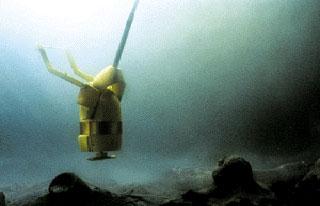 Previous Article
Previous Article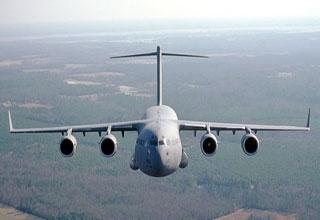 Next Article
Next Article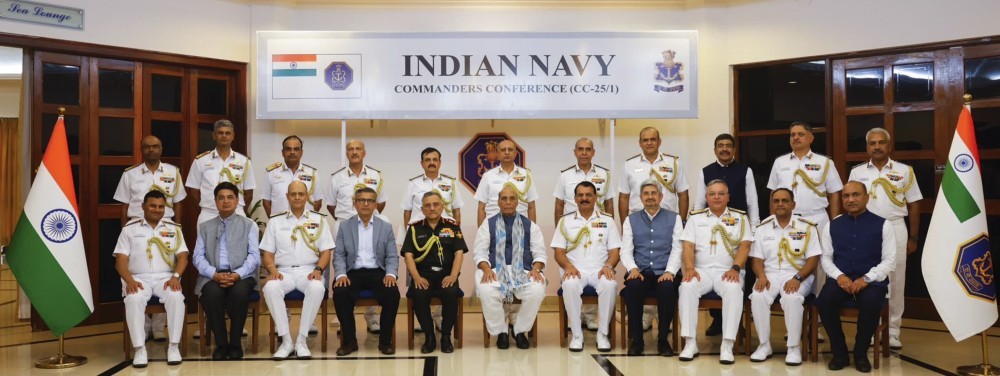

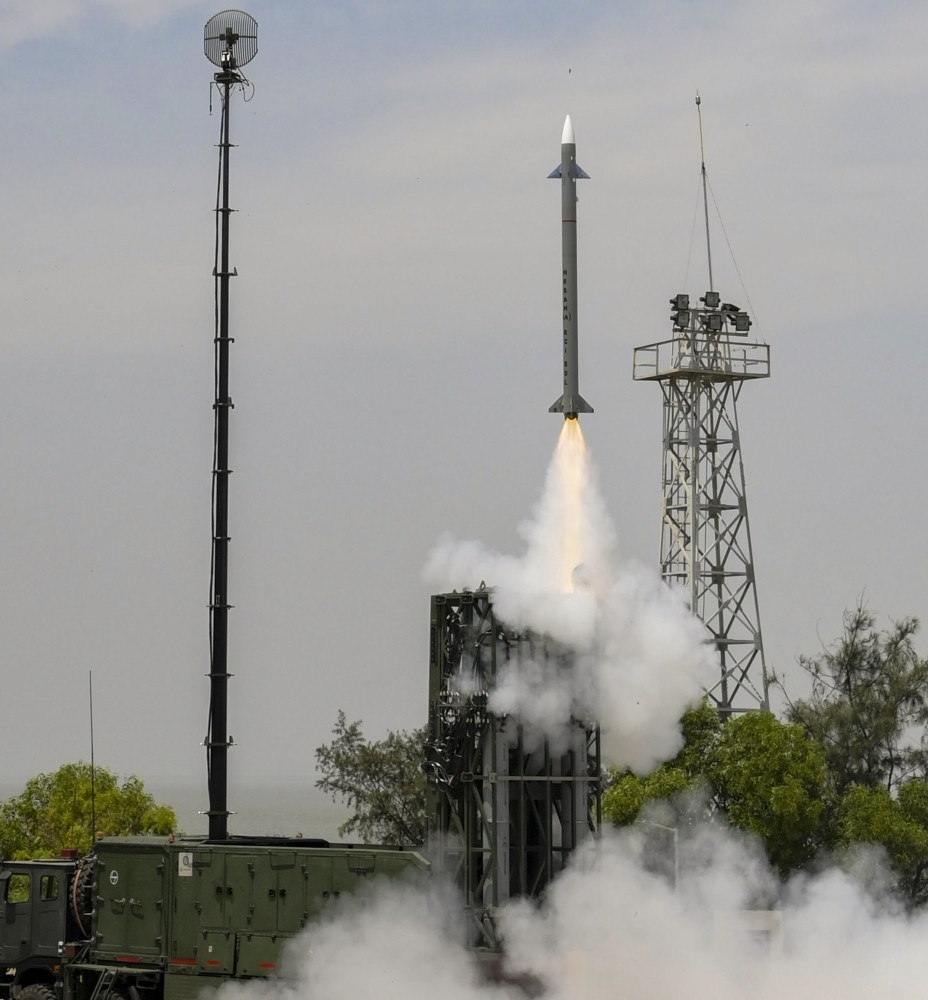











The Indian Air Force, in its flight trials evaluation report submitted before the Defence Ministry l..
view articleAn insight into the Medium Multi-Role Combat Aircraft competition...
view articleSky enthusiasts can now spot the International Space Station (ISS) commanded by Indian-American astr..
view article